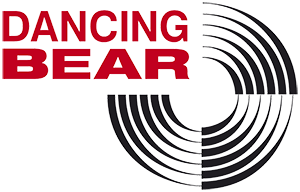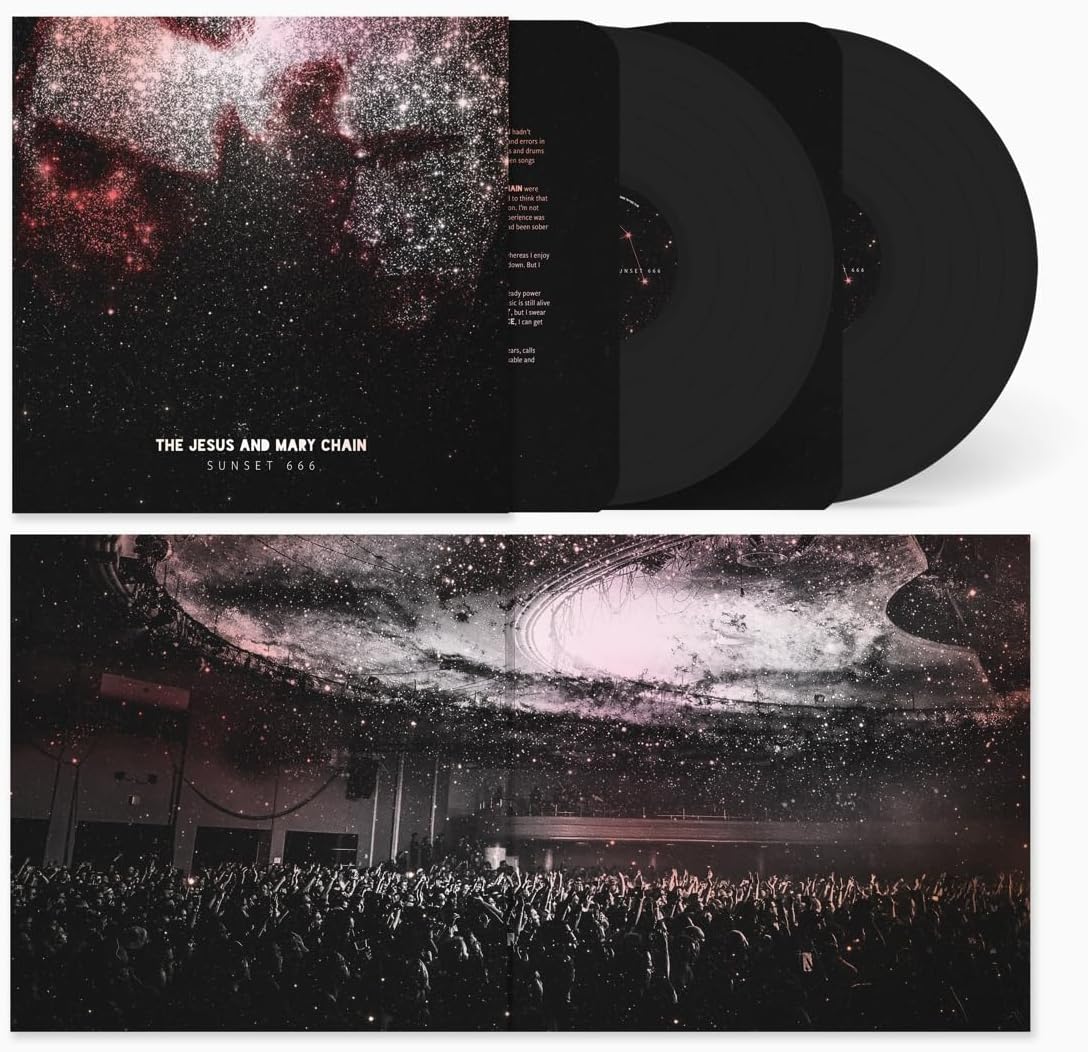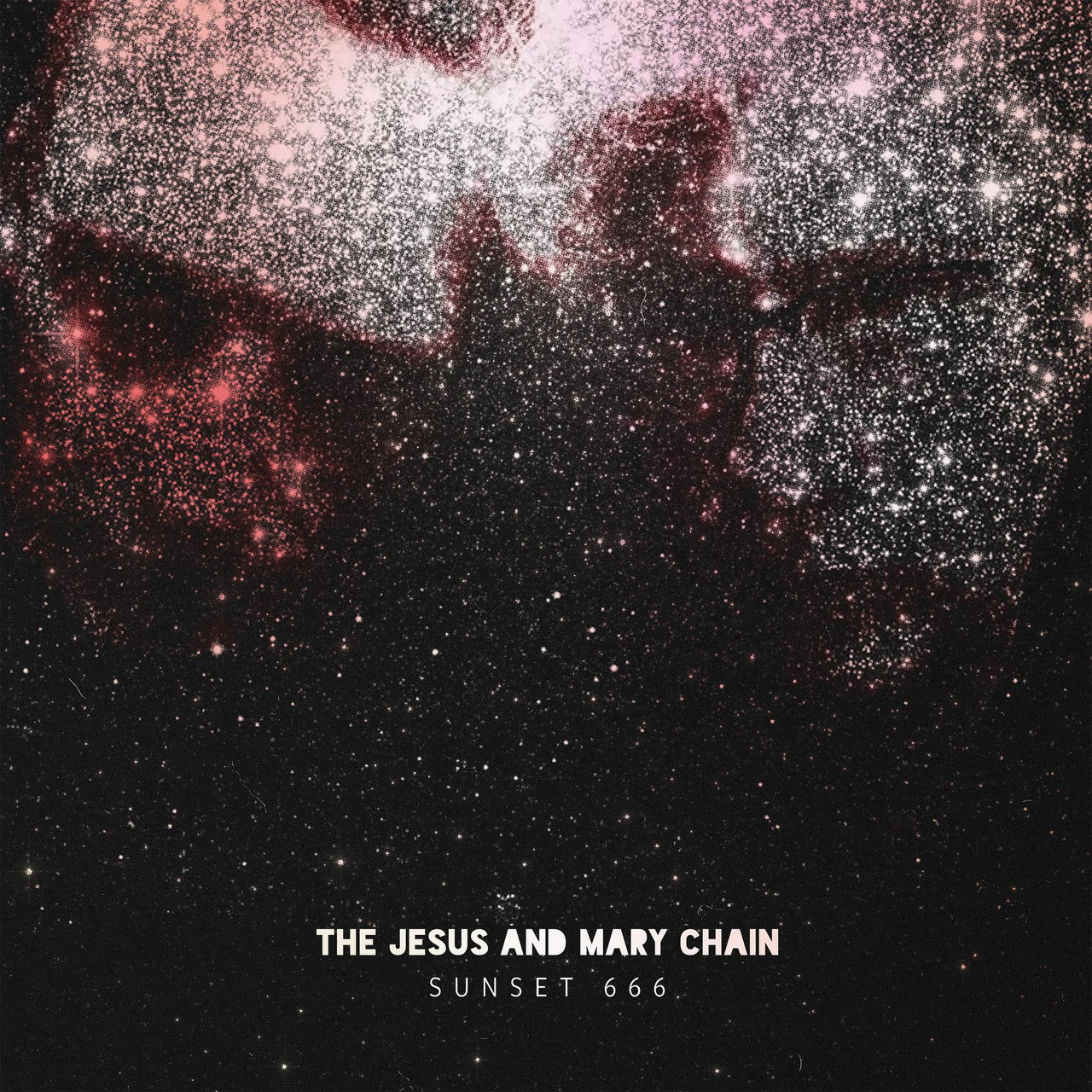JESUS AND MARY CHAIN – SUNSET 666 LP3
30,00 €
- Just Like Honey
- Sometimes Always
- Black and Blues
- Amputation
- All Things Pass
- Some Candy Talking
- Head On
- The Living End
- Cracking Up
- Teenage Lust
- I Hate Rock and Roll
- Reverence
- Blues from a Gun
- Far Gone and Out
- Between Planets
- Half Way to Crazy
- In a Hole
1 in stock
Description
Recorded Live While on Tour with NIN!
In 1990, a young American band, full of a precise kind of noise and darkness, were special guests on the US tour being undertaken by a group who had noise and darkness, poise and catharsis of their own. The young band: Nine Inch Nails. Those headliners: The Jesus and Mary Chain.
Almost thirty years later, an invitation was extended. Would the Reid brothers care to reverse the roles and open for Nine Inch Nails – by then international stars and cultural touchstones – on their North American tour? Trent Reznor had been a fan of the Mary Chain, and influenced by them, since hearing Psychocandy, so it felt a good fit. “It was the first time we had ever done a tour where we were more or less the support band,” Jim Reid recalls. “In some ways, it’s hard to take when the people haven’t necessarily come to see the Mary Chain. But it meant that there was zero pressure. We were all pretty relaxed, and really enjoyed it, and the crowd got into it, too.”
The tour opened in Phoenix, Arizona, in September 2018 and ended with a run of six shows at the Hollywood Palladium in Los Angeles, coming up on Christmas. The seventeen tracks on this album were recorded at two of those shows. Sides A, B and C (in the language of vinyl) are from the final show, December 15. Those twelve songs were the full set that night, in sequence, meaning the show began with the here-we-fucking-go drums of “Just Like Honey” and ended with the ferocious euphoria of an eight-and-a-half minute “Reverence.”
Side D of the vinyl record is taken from the December 11 show and serves almost as a mini-showcase of the Automatic album, featuring versions of “Blues from a Gun,” “Between Planets” and “Halfway to Crazy.” The closing track, “In a Hole,” more of a snarl in its live version than Psychocandy‘s white-noise whine, is an anthem of self-loathing that shares some DNA with the song Nine Inch Nails chose to close their set: “Hurt.”
The full Mary Chain show from December 15 was selected for Sunset 666 because Isobel Campbell performed on that evening. She already had a relationship with the band, having sung on Damage and Joy, and she was living in Pasadena – close to William’s place and just a cab ride from the venue. Her presence meant they could include in the set a duet they hadn’t performed for many years, “Sometimes Always,” as well as “Black and Blues.” Isobel hadn’t played live for some time, having had some difficult experiences in the music industry, and had fallen into reclusive ways. How did she find being back on stage? “To be surrounded by that sound was completely electric,” she recalls. “I love singing with Jim. That time in my life was pretty bleak, and being around the band and their people reignited a spark in me that had been dormant. And I was blown away by William. He’s a guitar genius; one of a kind. It feels like we’re all kindred spirits. I can’t think of a band I would rather sing with.”
That there is an album at all is serendipity. No plans were made to record any shows, but as Michael Brennan, the sound engineer, acquainted himself with the rented mixing console, he discovered it had a wee USB-out socket. He plugged in his laptop and saved.
There were several imperfections in the recordings. Michael had been properly focused on the live sound and hadn’t placed microphones to capture audience noise, so the crowd seems distant. There are a couple of wrong notes and errors in timing, but these defects were of no great concern because the overall aura was so alive and aggressive, the bass and drums deep and crisp and pounding. It was decided to keep all the mistakes and to cut only the extended pauses between songs during which William fidgets with his ancient Gibson.
For Jim, the experience of playing in front of an audience is very different from how it was when the Mary Chain were establishing and building their reputation as a sometimes chaotic live band. “In the 1980s, after punk rock, I used to think that the frontman had to go out and explode on stage. I couldn’t do that because I’m basically a shy, quite timid person. I’m not Iggy Pop. I’m not going to cut my chest open with broken glass. The only way I could think to get through the experience was to get absolutely off my tits on whatever I could; alcohol and, later, drugs. When the band reformed, in 2007, I had been sober for five years at that point. So Coachella, believe it or not, was the first sober gig I did with the band.
“There were big chunks of the Mary Chain’s career when I was faking it on stage because I was so terrified, whereas I enjoy the shows now. I know it seems like I’m not relaxed; my default setting is to look like I’m having a nervous breakdown. But I feel much more in control on stage. I prefer these sober shows to the fucked-up shows.”
Control is the key word. For those of us who admire the Mary Chain, the pleasure of Sunset 666 is the steady power with which they deliver a set of classics. There is a composed intensity in the performance that suggests this music is still alive for the men who wrote it. “Yeah,” says Jim. “People always say you must get sick to death of ‘Just Like Honey,’ but I swear to God I don’t. I still get into those songs. When the band reformed, everything felt new to us again. Reverence, I can get totally lost in that.”
As will anyone who hears it. Listening to this album, for anyone who has followed the Mary Chain over the years, calls forth many personal memories and associations. Some would dismiss that as nostalgia, but it’s actually a remarkable and beautiful thing: the ability of music to sing our own stories back to us. “It’s gone beyond entertainment,” Jim agrees. “These songs are part of people’s lives.”



